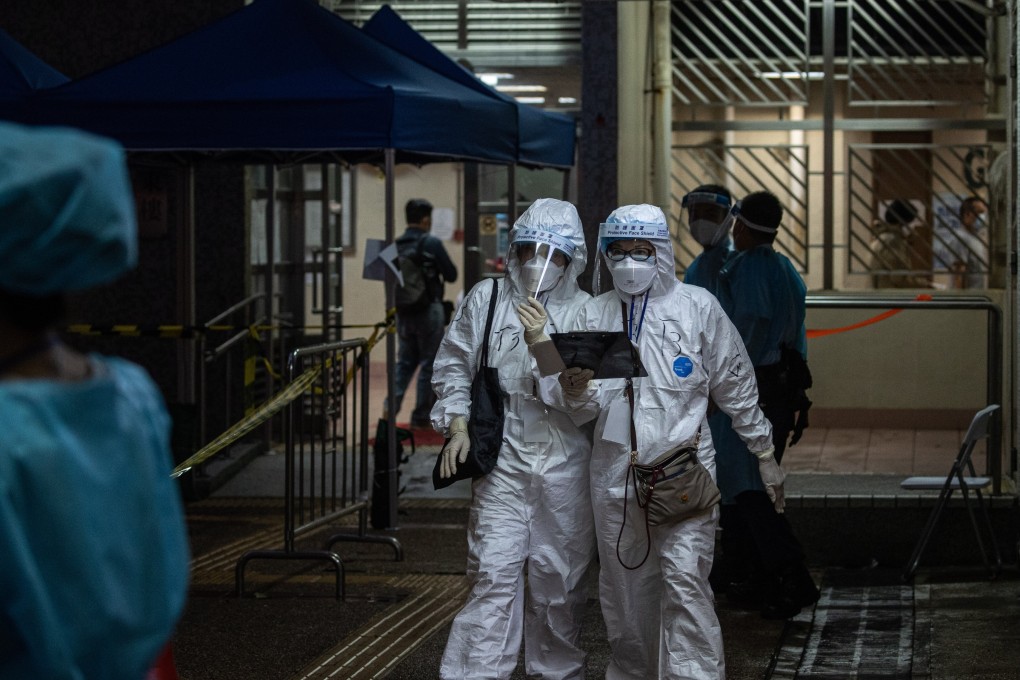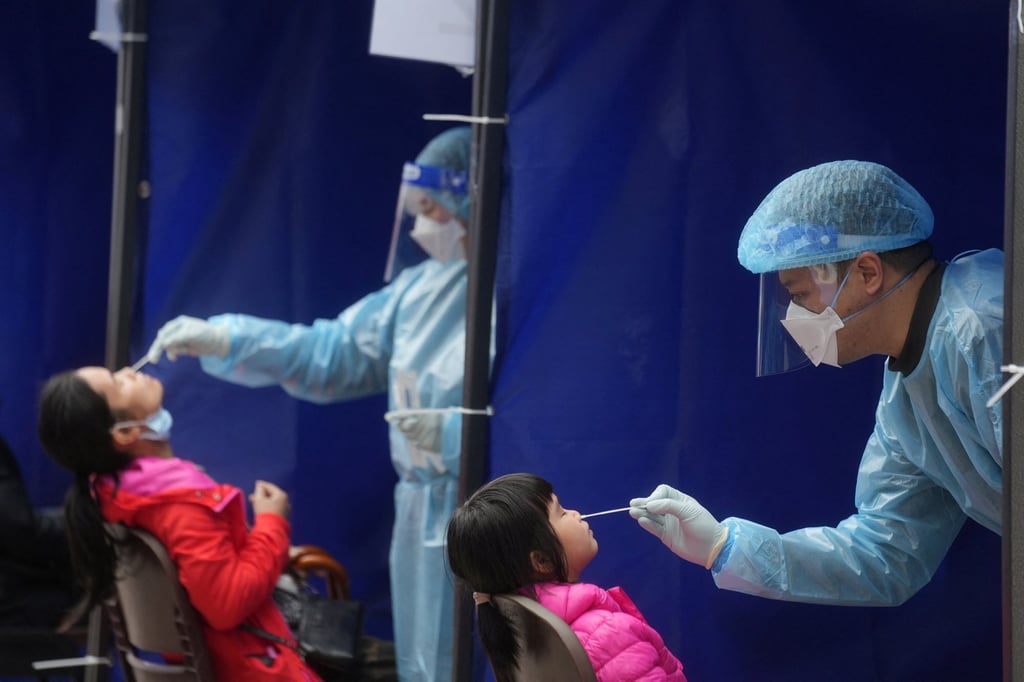Opinion | Hong Kong must rebuild public trust to strengthen its crisis response, as Covid-19 mass-testing debacle shows
- We don’t know if Hong Kong would have been up to the task of carrying out mass testing for Covid-19, as it was abandoned for want of mobilisation capacity
- But a more salient issue is the erosion of social capital and civil society, without which a government’s crisis response capacity is weaker and less effectual

On the other, we never had the chance to see the mass-testing programme implemented and so cannot know if Hong Kong’s capacities would have been up to the task. If organised well, the government may have accomplished it in some form – though not, perhaps, within the span of only a few weeks as initially suggested. Other aspects of the programme may have needed to be scaled down significantly.

Mobilisation capacity may not have been the greatest constraint on mass testing, however. The more salient issue is public trust or social capital – a softer aspect of policy capacity that is often overlooked in the top-down style of governance that is becoming commonplace in Hong Kong. Other commentators have highlighted how the current crisis has exposed a surprisingly weak state; less has been said about the erosion of societal capacity in recent years.
The government was always at risk of further eroding public trust and credibility by moving forward with the universal compulsory testing programme, given recent political turbulence and some public scepticism – often among older residents – about Covid-19 vaccines and policy intentions. A further weakening of public trust and credibility would hamstring the government’s efforts on other policies going forward. The imposition of the testing programme on an already exasperated public – after all the inconveniences and frustrations of the past two years – was, and remains, a risk not worth taking given its meagre marginal benefits.
To its credit, the Hong Kong government’s zero-Covid approach was initially successful – if economically costly – for earlier variants of the virus that were more lethal but less transmissible. The emergence of the Omicron variant, however, rendered zero-Covid an anachronistic, unattainable policy goal even as the government doubled-down on quarantine, isolation of positive cases, and social-distancing measures.


